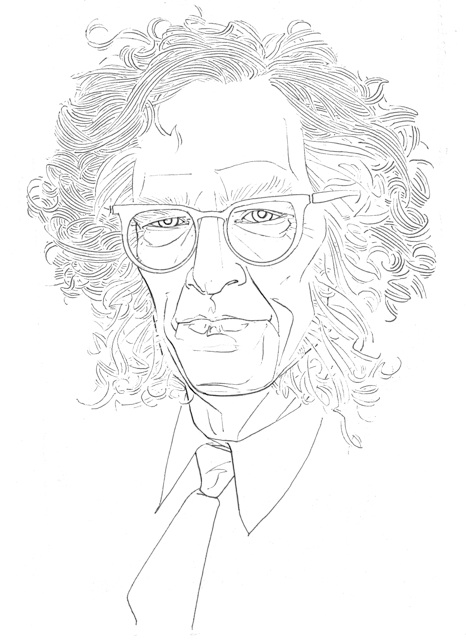No one knows the exact date of Isaac Asimov’s birth…not even the amazing Asimov himself! In Memory Yet Green, citing dodgy birth records, the author writes that his birthday could be as early as October 19th, 1919, but that he celebrates it as January 2nd, 1920.
Who are we to argue with Asimov’s calculations? Happy birthday, Professor Asimov!
When you find yourself browsing your local library, dutifully utilizing your excellent knowledge of the Dewey Decimal System, you’ll notice one constant element—books by Isaac Asimov. Aside from the category of Philosophy, you’ll find books authored by Asimov in every single section. From mysteries, to criticism on Shakespeare, to bible studies, and yes, science fiction: Asimov may be one of the most prolific and versatile writers of all time. Asimov himself was quite well aware of his reputation and literary prowess, famously quipping:
“People who think they know everything are a great annoyance to those of us who do.”
An American author of Russian birth, Asimov is credited with coining the term “robotics” and popularizing numerous science fictional and scientific concepts. Indeed, Asimov’s famous three laws of robotics serve as a wonderful narrative mirror to human nature and to the various conundrums our social mores can produce. In the short story “Liar!” a randomly telepathic robot is faced with a paradox between preventing humans from coming to harm and telling them the truth. Robots are supposed to protect humans from harm either through direct or indirect action and this law extends, logically, to the emotional harm of hurt feelings. In order to save the feelings of its human friends, the telepathic robot Herbie begins telling comforting lies: You’ll get that job promotion! That person does love you! The mirror of human desires, wrapped up in our own outward inventions, is rendered painfully clear in this story, a truly excellent example of Asimov’s profound and insightful style.
Asimov was also a champion of the written word and the vital importance of books in our everyday life. Speaking to the American Booksellers Association in 1989, Isaac Asimov asked his audience to imagine a device that “can go anywhere, and is totally portable. Something that can be started and stopped at will along its data stream, allowing the user to access the information in an effective, easy manner.” Asimov then reminded the audience that “we have this device. It’s called the book.” As a humanist, Asimov believed in the transformative power of the written word and the necessity for us to preserve our stories and musings in any way that we can.
In terms of his impact on science fiction as it relates to pop culture, Asimov is certainly a huge influence on those bringing science fiction into the mainstream, partly because of how proudly he asserted his science fiction credentials. Writing in Is Anyone There? Asimov recalls a time when he worried about a pseudonym being required to quarantine his science fiction identity from the rest of his professional life.
“I was prepared for the Homeric battles, for I was determined to have my name on everything I wrote. In the first place, I like my name; in the second place, I am self-centered, in the third place, I am proud of science fiction and of my place in it and I won’t have it insulted. The Homeric battle, alas, never took place. No editor—not one—ever objected to the science fictional halo that rests slantedly over my amiable head.”
We’re admiring that science fictional halo still. Thanks, Professor Asimov—we wouldn’t be the same without you!
This post originally appeared January 2, 2012 on Tor.com.
Ryan Britt is a long-time contributor to Tor.com










